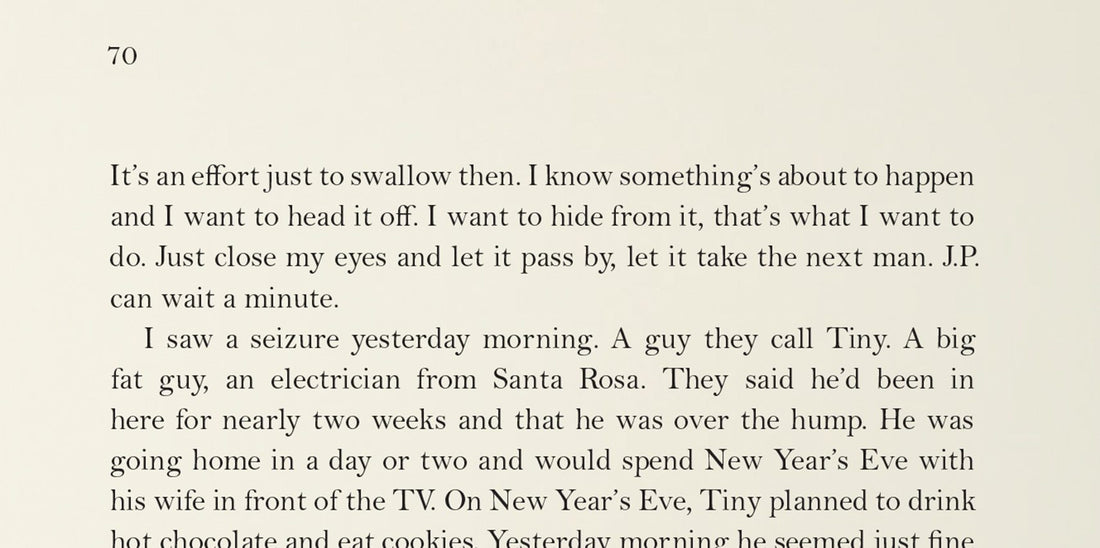In the latest in our Read This… series, author Ross Raisin presents a practical and very readable guide to getting started on your own magnum opus.
‘That’s a lot of work’, you might be thinking. And it is. If you enjoy writing as a pastime, and all that you want from it is a creative outlet, that is one thing. But if you want to create something that you would like other people to read, and be affected by, then there is no sidestepping the amount of work involved. Though perhaps work is not quite the right word to use.
Pain.
Care. Craft. Scrupulousness. Endeavour.
Writing fiction is all of these.
Where ‘work’ is a useful word is in determining how dedicated you are going to be to it, this project of yours. Where does it rank in the priorities of your everyday life? I am not trying to say here that you need to make it more important than caring for your children (as I write this, mind you, I have just noticed that my five-year-old daughter is outside playing with a knife), but you need to give it status as you figure out logistically how to fit your writing into your time. In short, you need to commit to it. On the page, and off the page. (I went outside and took the knife from her, by the way, before I finished that last sentence.)
Nothing will sharpen your understanding of writing fiction more than careful reading of fiction.
Read as widely as you can, and read things that you would not ordinarily pick up.
Being aware of what is going on in contemporary fiction, as a contemporary fiction writer yourself, is important, alongside reading keenly and deeply from literature of the past. Modern fiction, like all art forms, is in constant flux, which is not to say that you need to follow where it is going, but that it is important to know what is happening around you.
Movements wax and wane. Read as much as you can, and be influenced by this reading, or reject it; do it your own way, founded on an awareness of yourself as a writer amongst others.
Sharing your work with people will also help, especially if that sharing is reciprocal. Asking your grandad to give it the once-over and having him tell you, ‘That’s smashing, that is’, is all well and good, but a person who asks you to read her own work in return with the same attentiveness and objectivity will be much more helpful.
Going on a writing course is one way to meet other writers. There are many such courses available, each with its own structure and focus. Some are publishing-oriented; some are about providing time and space; some about meeting people… Think about what it is that you most need, and commit wholeheartedly.
Writing a book does not make you special.
This, though, is not a book for advice on courses, or agents, publishers or competitions. There are many other books and websites for that. The purpose of this book is to make the writing of a work of fiction seem approachable. It is a process, with many considerations; it is not magic. Nor is it something exclusive, or special. There are special works of fiction, of course – and the twenty-five on these pages are a decent starting point in your search for new material to read – but the act of writing is in itself not special.
And if ever you find yourself thinking that it is – that you are – special, then it will be a good idea to sit down and give yourself a talking to, because you have wandered away from what is really important. The project at hand is what should be special to you. It is something to be attempted seriously, in that you appreciate the amount of time and craft and rigour that will be necessary. Yet it is also something to relish – all of the surprise and vexation and possibility of it. It is something to be enjoyed.

